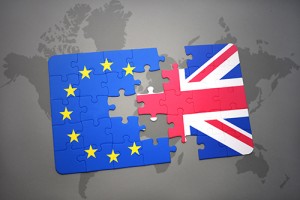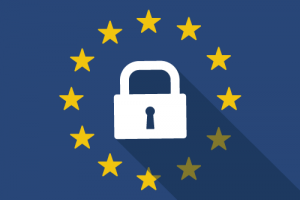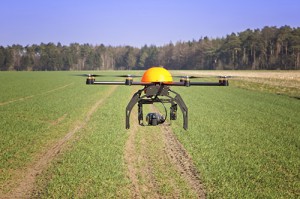 With the latest terrorist attacks in London there are renewed calls for regulating the internet in order to prevent the spread of extremist views. British Prime Minister Theresa May said recently, “We cannot allow this ideology the safe space it needs to breed – yet that is precisely what the internet, and the big companies that provide internet-based services, provide.” My goal for this blog post is to open a dialog on how the internet could or should be regulated. By regulating the internet, would we be regulating free speech? Would it just spawn an alternate internet, or would it fuel the dark web that already exists? What kind of international cooperation would it take to actually pull this off and hopefully stop the spread and growth of terrorism?
With the latest terrorist attacks in London there are renewed calls for regulating the internet in order to prevent the spread of extremist views. British Prime Minister Theresa May said recently, “We cannot allow this ideology the safe space it needs to breed – yet that is precisely what the internet, and the big companies that provide internet-based services, provide.” My goal for this blog post is to open a dialog on how the internet could or should be regulated. By regulating the internet, would we be regulating free speech? Would it just spawn an alternate internet, or would it fuel the dark web that already exists? What kind of international cooperation would it take to actually pull this off and hopefully stop the spread and growth of terrorism?
International Cooperation
Theresa May recently also said, “We need to work with allied democratic governments to reach international agreements to regulate cyberspace to prevent the spread of extremist and terrorism planning.” I believe that will be one of the largest hurdles to overcome if we are to provide any internet policing. The European Union can’t even agree on next steps so it may be impossible to get countries around the world to cooperate. Britain recently passed the Investigatory Powers Act which gives British security the ability to view and monitor all internet connections made within the country. It also binds internet providers to make connection and browsing records available to various British agencies. If this is truly going to be successful it will take a lot of expertise to sift through all that data to find nuggets that could help stop the spread of terrorism. It’s one thing to gather the information, another to make sense of it and detect important patterns. That will take a combination of software applications and technical expertise.
Free Speech
At the heart of it the internet is a communications medium just like the telephone and postal mail. Governments have long had the ability to tap into phone conversations or monitor mail as they try to anticipate and stop nefarious plots. These older mediums carry commercial as well as personal messages, as does the internet. The big difference is the fact that the internet is much faster and has the ability to broadcast a one-to-many message, in some cases to millions spread around the world. It is also searchable, meaning that if people want to align themselves to a particular ideology they can easily find like-minded individuals and activities that support their ideology. This is a whole new world and it is going to take new thinking and not just new regulatory powers. New proposed powers border on free speech infringement, which is near and dear to many. How do we establish that line between free expression and intentional malice?
Thoughts
If we truly want to regulate the internet, we need clear, unbiased thinking, technical expertise, and hardware and software technologies. We need to understand the line between freedoms and potential threats and tread that line carefully. Most of all it is going to take a lot of international cooperation to develop a strategy that will work for everyone.
What are your thoughts? Is it even possible to regulate the internet or is it too late? Is it possible to monitor internet traffic and patterns without infringing on basic privacy rights? Let me know your thoughts.
Kelly Brown is an IT professional and assistant professor of practice for the UO Applied Information Management Master’s Degree Program. He writes about IT and business topics that keep him up at night.












